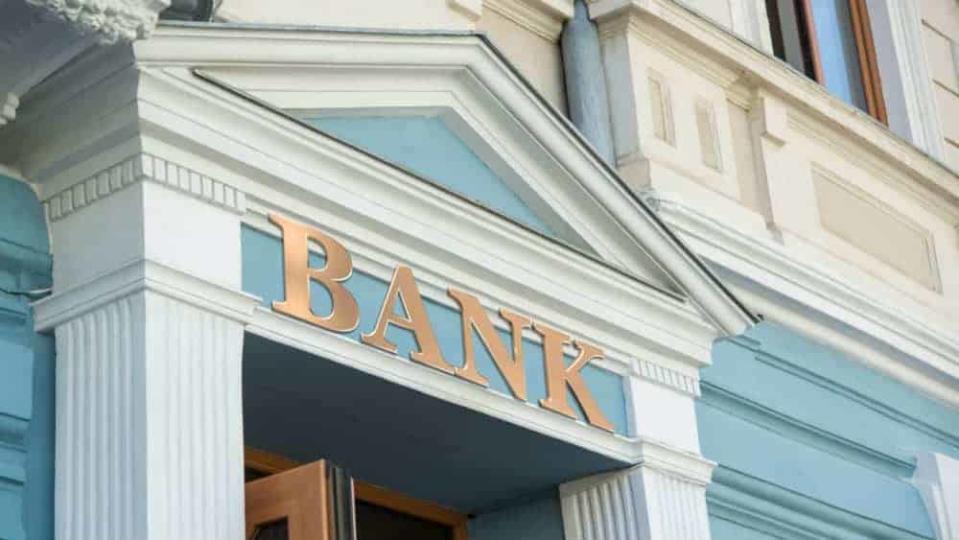COVID-19: Could a Second Wave Spark Another Stock Market Crash?

With the NASDAQ surging to record heights, you’d think that the coronavirus disease 2019 (COVID-19) pandemic was over. Or, at the very least, contained within most geographies around the world. That simply isn’t the case, with spikes in COVID-19 cases in various U.S. states at a time when the summer heat was supposed to slow the spread. Clearly, the summer heat is doing absolutely nothing to curb the spread in some of the most-affected southern U.S. states.
Wait, aren’t we already experiencing the second wave?
Many investors are probably in the belief that we’re already fighting this “second wave” of COVID-19 outbreaks, but top doctor Dr. Anthony Fauci noted that we’re “still in the first wave” just over three weeks ago. Given how much worse the second wave of the 1918 Spanish Flu pandemic was, it’d be foolish (that’s a lower-case “f”) not to be prepared for what could be a very gloomy Fall.
Now, nobody knows if the second wave will be less severe, or if it will even happen. Fauci has also stated that a second wave is “not inevitable” if approached in “the proper way.”
Indeed, the uncertainties couldn’t be greater at this market crossroads. The advent of a vaccine or proper containment measures could avert a disastrous second wave from happening. But investors shouldn’t position their portfolios with the assumption that a second wave will either not occur or be mild.
While it’s unlikely that the stock market will retest its March 23 lows given the unprecedented fiscal and monetary stimulus, I wouldn’t rule out a 15% correction that could wipe out a good portion of the gains posted over the last several months.
The second wave of COVID-19 cases could have the potential to be truly horrific, but I think the U.S. Fed will be stepping in should the stock market crash as violently as it did back in February and March.
If things get really bad with a second wave, we could be looking at a negative interest rate environment in the U.S. and Canada, which would be a significant hit to the banks that are already in shambles amid rising provisions, lower loan growth, and margins that have become razor-thin.
Another COVID-19 wave could really stress out the Canadian banks
Even a premium bank like Royal Bank of Canada (TSX:RY)(NYSE:RY) that’s demonstrated relative resilience through this crisis (which also overlapped with the Canadian credit downturn) could fall at the hands of mounting macro headwinds.
A second wave of COVID-19 could propel us into an environment where even the Big Six banks could see their Capital Equity Tier 1 (CET1) ratios fall to single-digit territory. Although well capitalized, some banks may be forced to take their dividends to the chopping block in an unprecedented move for these unprecedented times.
If we’re due for a severe second wave of COVID-19 cases, the banks may very well see the severe scenarios that they’ve been stress-tested for. Royal Bank, a king among men in the Canadian banking scene, is in a spot to keep its CET1 ratio above the 9% regulatory minimum under the most severe scenarios.
If the broader stock market crashes alongside the Canadian banks, Royal Bank of Canada has the least amount of relative downside risk and the lowest risk of suffering a dividend cut. The stock sports a 4.62%-yielding dividend at the time of writing, which is likely to be left intact unless a second wave of COVID-19 cases sparks a Canadian housing meltdown.
Could a second wave of COVID-19 cases spark a stock market crash?
Anything is possible. While I don’t think the second market crash will be as violent as the one suffered in February-March, it’s only prudent to be prepared for the possibility of a bear-case scenario.
If you’re looking to buy a bank, Royal Bank of Canada may be your best bet because it looks well positioned to ride out the storm, while also providing investors with big upside in a bull-case scenario, where a second COVID-19 wave doesn’t end up happening.
The post COVID-19: Could a Second Wave Spark Another Stock Market Crash? appeared first on The Motley Fool Canada.
More reading
Fool contributor Joey Frenette has no position in any of the stocks mentioned.
The Motley Fool’s purpose is to help the world invest, better. Click here now for your free subscription to Take Stock, The Motley Fool Canada’s free investing newsletter. Packed with stock ideas and investing advice, it is essential reading for anyone looking to build and grow their wealth in the years ahead. Motley Fool Canada 2020

 Yahoo Finance
Yahoo Finance 